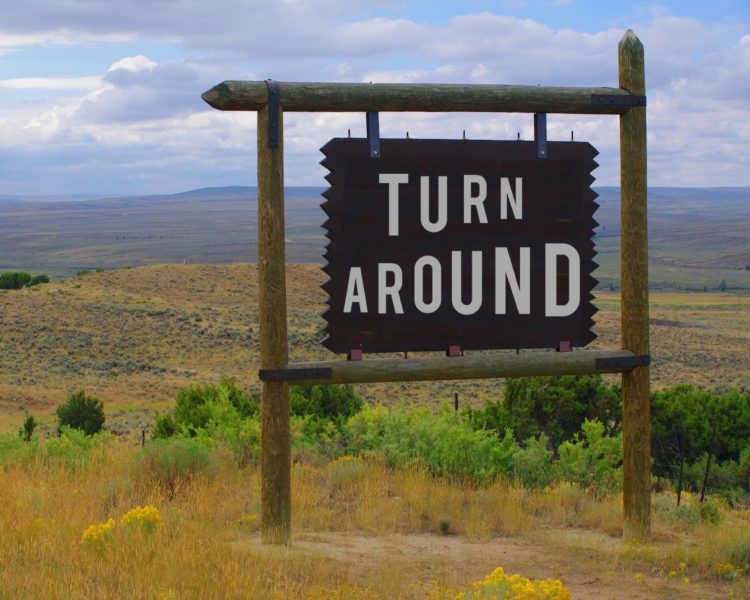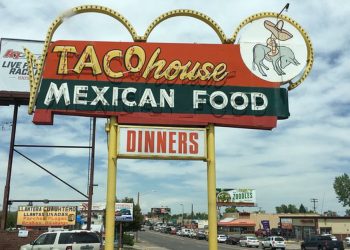10 Reasons Why Some People Regret Moving to Colorado
Dreaming of moving to Colorado for its breathtaking mountain views and endless outdoor adventures? Before you strap on your hiking boots, there are a few less glamorous aspects to consider. From altitude headaches to traffic tangles, here are ten reasons why some folks might find themselves missing their old stomping grounds!
1. High Cost of Living The cost of living in Colorado, particularly in cities like Denver and Boulder, has risen significantly. Housing prices, rent, and everyday expenses are higher compared to many other states. This can lead to financial stress and a lower standard of living if income does not keep pace with expenses.
2. Winter Weather While Colorado’s winters are beautiful, they can also be harsh and challenging. Heavy snowfall, icy roads, and freezing temperatures can make travel and daily activities difficult. For those not accustomed to severe winter conditions, it can be a significant adjustment.
3. Altitude Sickness Colorado’s high elevation can cause altitude sickness, especially for newcomers. Symptoms include headaches, nausea, dizziness, and shortness of breath. It can take time to acclimate to the altitude, and some people may struggle with the thinner air and lower oxygen levels.
4. Wildfires Colorado is increasingly prone to wildfires, particularly in dry, hot conditions. Wildfires can cause property damage, poor air quality, and evacuations. The threat of wildfires can be a constant concern during certain times of the year.
5. High Property Taxes Property taxes in Colorado can be relatively high, especially in desirable areas. This can be a financial burden for homeowners and impact overall affordability. High property taxes can affect decisions around homeownership and long-term financial planning.
6. Traffic Congestion Major cities in Colorado, such as Denver, experience significant traffic congestion. Rapid population growth and tourism have strained the infrastructure, leading to long commutes and frustrating delays. Traffic issues can impact daily life and reduce the overall quality of living.
7. Tourist Crowds Colorado is a popular tourist destination, known for its ski resorts, national parks, and outdoor activities. Tourist crowds can lead to crowded trails, longer wait times at attractions, and increased traffic. The influx of visitors can impact the quality of life for residents.
8. High Sales Tax Colorado has a relatively high sales tax, which can increase the cost of living. Combined with the high cost of goods and services, it can add up quickly, affecting overall affordability. Higher sales tax can be a financial burden, especially for those on a fixed income.
9. Limited Diversity While Colorado is becoming more diverse, some areas still lack cultural and ethnic diversity. This can impact the social environment and limit exposure to different cultures and perspectives. Residents seeking a more diverse community may find this aspect challenging.
10. Limited Public Transportation Outside of major cities like Denver, public transportation options in Colorado are limited. This can make it difficult for residents without a car to get around and increases reliance on personal vehicles. The lack of comprehensive public transit can limit mobility and accessibility.











